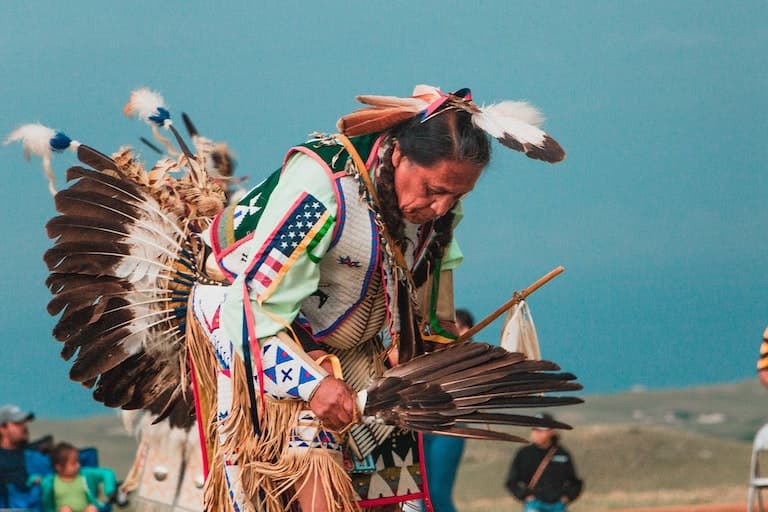Write What You Don't Know
Published: October 2021

Photo by Andrew James on Unsplash
One of the early pieces of advice given to burgeoning writers is to write what you know. If you’re serious about your craft, I think this is bad advice. Most of us have experienced very little, and even those who have gone out of their way to experience a lot can only scratch the surface of human experience through the course of one lifetime.
I attended a Clarion West workshop entitled “Native Futures: Crafting Indigenous Science Fiction” this past week. It was taught by Brian K. Hudson, and it was an awesome experience. My already massive to-read list grew, and I learned a ton about Indigenous SciFi, which I have always found very interesting.
I’ll admit that I was a little apprehensive about attending. I am not a part of the indigenous community. In fact, I’d say that I check a lot of the privilege boxes. As a straight, white male, it’ not my place to represent communities that should instead be better supported in representing themselves.
But in my attempts to portray a realistic world in fiction, I think it behooves me to do it right by including a wide variety of real characters and perspectives. To do this means I have to deliberately step outside the limited realm of what I know.
It was a bit scary, especially when many of the workshop attendees introduced themselves in indigenous languages.
There was one moment, though, that emphasized to me the need to do the work if you are going to write a character from a different community.
One of the readings for the class was “Welcome to Your Authentic Indian Experience™” a short story by Rebecca Roanhorse. I had not read that story until I read it for the workshop, but I had read a few of her novels, including “Trail of Lightning.”
During a lull in the workshop, I mentioned that I enjoyed the novel. It turns out it is controversial, and someone said that some indigenous parents had encouraged their children not to read it. Open mouth. Insert foot.
I don’t tend to engage in the conversation around the books I read, and since I am not a member of the indigenous community, I had no idea that the novel I had enjoyed was problematic.
If you are interested in the novel’s criticism, I found this article to be a good resource.
Luckily Brian and the other workshop attendees were incredibly gracious. This is not the first faux pas in my efforts to understand and engage with communities that I do not belong to. I’m sure it won’t be the last either. But, hopefully, my earnestness to understand will overshadow any blunders.
The fact that Roanhorse, who is a member of the indigenous community, although some argue how close of a member (see the article I linked above), can come under fire for mishandling the content of a novel emphasizes the need for someone like me to do the work to understand and be realistic in depicting those not like me.
I hope that I can rise to the challenge. I will certainly try.